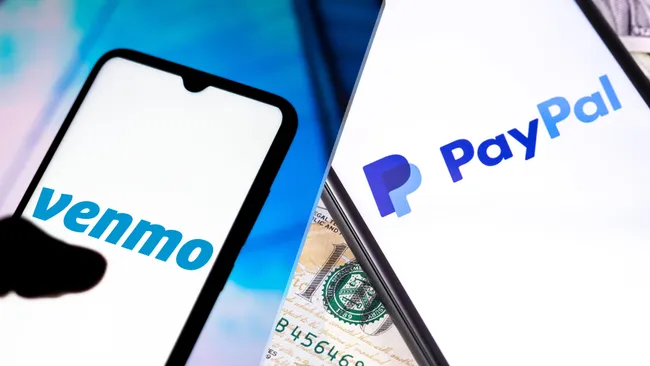In today’s digital economy, online payment platforms have become essential tools for both individuals and businesses. Among the most popular are Venmo and PayPal, both of which offer secure and convenient ways to send and receive money. However, choosing between the two can be confusing if you’re unsure of their differences. In this article, we’ll break down the features, benefits, and limitations of Venmo vs PayPal to help you make an informed decision.
Overview: Venmo vs PayPal
PayPal is one of the oldest and most widely used online payment platforms, established in 1998. It caters to both personal and business transactions, offering international support, robust buyer protection, and integration with e-commerce websites.
Venmo, on the other hand, was founded in 2009 and is now owned by PayPal. It is primarily geared toward peer-to-peer (P2P) payments, especially among friends and family. Venmo is popular for its social feed, where users can see payment activity (without dollar amounts) among their connections.
Key Differences Between Venmo and PayPal
1. User Base and Purpose
- Venmo is best suited for casual money transfers like splitting dinner bills or rent with roommates.
- PayPal is ideal for business transactions, international payments, and online purchases.
2. Payment Methods
- Both platforms allow users to link bank accounts, debit cards, and credit cards.
- PayPal offers more options, including PayPal Credit and integration with online retailers.
3. Fees
- Sending money via Venmo using a linked bank account or balance is free. A 3% fee applies for credit card payments.
- PayPal has similar rules for personal payments, but business transactions may incur fees between 1.9%–3.5%, plus a fixed fee.
4. Security and Privacy
- PayPal provides strong buyer and seller protection, making it safer for online purchases.
- Venmo uses encryption and two-factor authentication but offers limited protection for commercial transactions.
5. Social Features
- Venmo includes a social feed where users can share payment messages and emojis.
- PayPal is strictly functional with no social component.
Venmo vs PayPal for Businesses
If you’re a business owner, PayPal is the better choice due to
- Invoice creation
- Detailed transaction records
- Shopping cart integration
- International support
While Venmo for Business does exist, it’s better suited for small vendors and lacks the comprehensive tools PayPal offers.
(FAQs)
Q1. What is the number one distinction among Venmo and PayPal?
A: Venmo is at the whole designed for peer-to-peer payments and social transactions between buddies, at the same time as PayPal offers extra strong gear for businesses, on-line shopping, and global transfers.
Q2. Is Venmo safer than PayPal?
A: Both apps use encryption and protection capabilities to shield your information.
However, PayPal offers extra superior customer and vendor safety, making it more secure for on-line purchases and commercial enterprise use.
Q3. Can I use every Venmo and PayPal?
A: Yes, you may use each app for unique features. Many people use Venmo for informal bills (like splitting payments) and PayPal for corporation transactions or buying on-line.
Q4. Which app has decreased charges Venmo or PayPal?
A: For personal transfers the use of a financial institution account or balance, both are free. But PayPal charges better charges for business organization transactions, even as Venmo additionally charges for credit score card bills and on the spot transfers.
Q5. Does PayPal or Venmo paint the world over?
A: PayPal allows international transactions and more than one currency. Venmo is exceptionally available for the U.S. Citizens and does no longer help international use.
Final Verdict: Venmo vs PayPal
The right platform depends on your needs:
- Choose Venmo if you want a simple, fun, and fast way to pay friends or split costs.
Opt for PayPal if you need a versatile tool for shopping online, running a business, or managing international transactions.
In the battle of Venmo vs PayPal, there’s no universal winner, just the right choice for your lifestyle.



